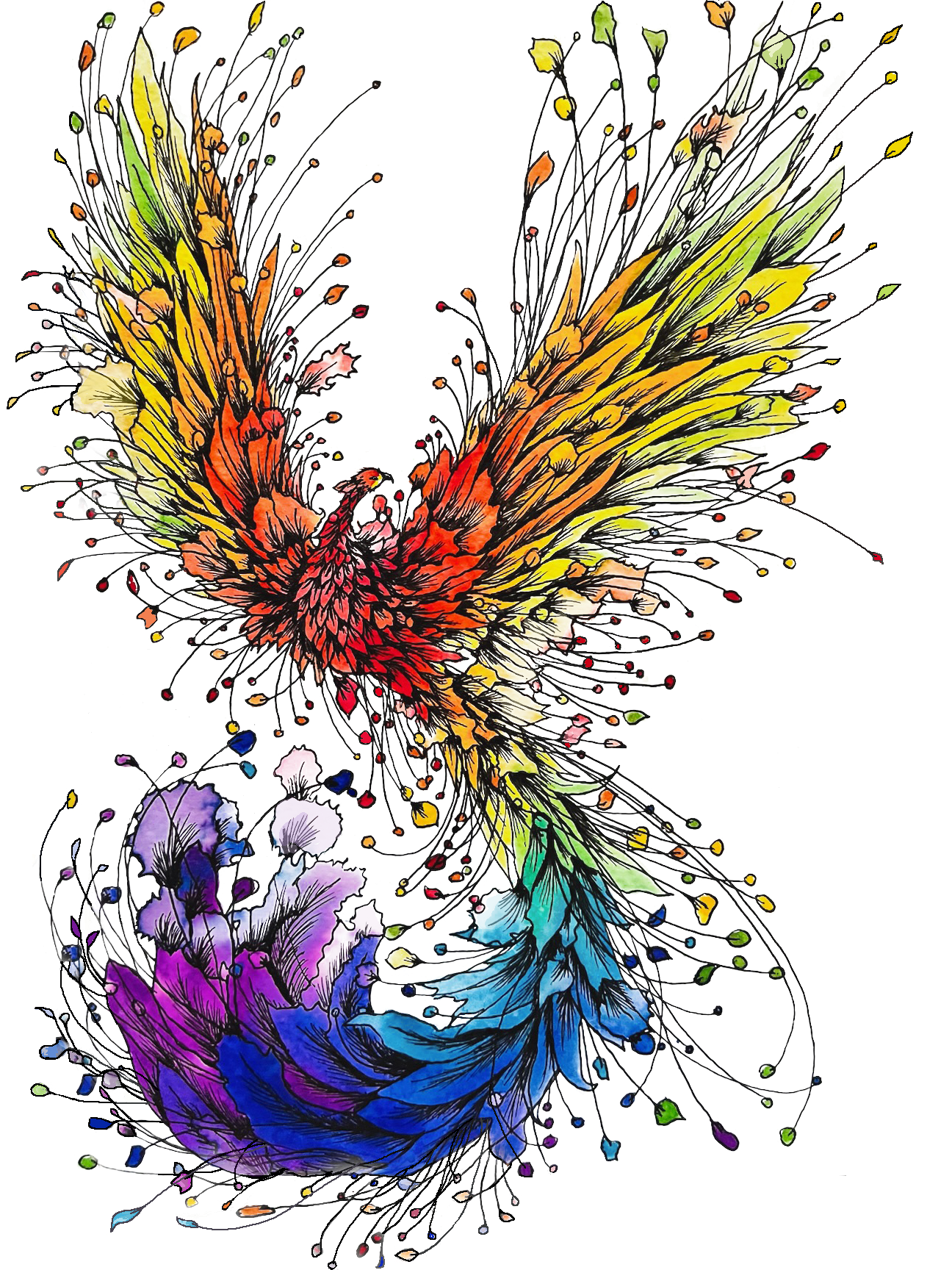About Ketamine
-
Ketamine is a legal psychedelic medication that can create hypnotic, dream-like or even fully dissociative trance states. In the brain, it facilitates development of new neuronal networks, which in conjunction with psychotherapy can allow for individuals to bypass certain maladaptive pathways that have developed over time in response to chronic trauma, stress, anxiety, and pain.
-
Ketamine is safe for therapeutic use when administered by trained professionals in a controlled setting. We use doses lower than those used in anesthesia, which decreases the potential for any adverse effects. You will be closely monitored by trained medical professionals during each session.
-
We administer ketamine through an intramuscular (IM) injection, which results in a faster onset of action and has the potential for more profound and impactful psychedelic experiences than alternative delivery methods such as intravenous, sublingual, or intranasal sprays.
-
Most medications are compatible with ketamine. We will review your list of medications on an intake assessment and advise you if any would pose a potential safety risk. Depending on the circumstances, we may recommend clearance from the provider who prescribed the medication, or in rare cases may not be able to accept you as a retreat participant.
-
Ketamine is known to be effective in treating depression (including bipolar depression), anxiety, posttraumatic stress disorder, obsessive-compulsive disorder, substance use disorder, and chronic pain.
-
Typically a session with ketamine administered intramuscularly lasts about 90 minutes. It may be a little shorter or longer than that, depending on the person and the dose. We will monitor you until you have returned to a state where you are able to safely leave the treatment area.
-
There is wide variability in how ketamine impacts an individual, and even the same person will likely experience different things from one session to the next. Common things that happen for many people with ketamine are relaxation, a feeling of disconnection from body or mind, change in your perception of time, alterations in sensory perceptions, and introspection. No one’s ketamine experience is exactly like anyone else’s, and comparing your experience to others’ is generally unhelpful, as there are many paths to healing and a multitude of experiences in session that yield beneficial results. Additionally, there is so much benefit to the time spent outside of the ketamine sessions, so we recommend focusing on the overall time at the retreat, rather than fixating only on the ketamine experience itself.
-
We will have a relaxing space with yoga mats, blankets, and pillows so you will be comfortable. You will have access to our curated playlist with music to enhance your experience. We will use an essential oil diffuser to provide pleasant aromatherapy. We will give you an eye mask to wear to help you focus on your inner experience, but will find a different option for you if you are not fond of the eye mask. We will be quietly monitoring you, and will not interrupt your experience unless we have any safety concerns about you. We will always be available should you request any assistance.
-
All medicines can have side effects, but ketamine is generally very well-tolerated, typically with few to no side effects. The most common side effect of ketamine is sleepiness. While it usually relaxes people, ketamine is technically a mild stimulant, so it increases heart rate and blood pressure temporarily, and those generally return to baseline quickly. It may also cause nausea, so we will offer you anti-nausea treatment options such as ondansetron (Zofran) or a ginger supplement. Most nausea can be avoided by limiting movement while ketamine is active, as the nausea caused by ketamine is linked to motion sickness. Ketamine also can cause dizziness and impaired motor skills, so we recommend you stay lying down for the duration of the treatment. If you need to use the restroom, we will assist you to walk there. Some people experience visuals that they liken to hallucinations while on ketamine, which may be perceived more as a psychedelic benefit to the medicine than as a side effect of it.
-
The proper way to view ketamine is as a powerful tool, rather than as a panacea. It can allow you to progress much faster in your healing, and yet you will still need to commit to doing the work on yourself to reap the full benefits of the medicine.
-
Current medical literature supports that ketamine should not be given to people with a history of primary psychotic disorders such as schizophrenia or schizoaffective disorder. If you are not sure whether you have a psychotic disorder, or think you may have been misdiagnosed with one in the past, we welcome you to apply and we will determine via our intake process if ketamine treatment could be an option for you.

Psychedelic Research
If you are interested in learning more about psychedelics, explore these organizations, which are among those that research the effects of psychedelic medicines and their therapeutic roles.







